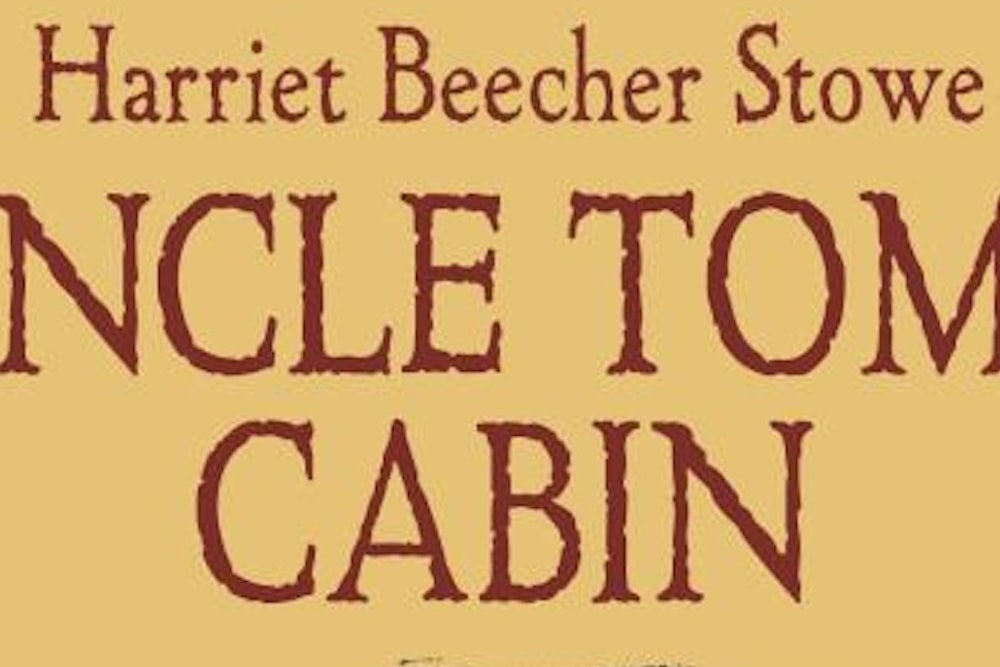In The New York Times Book Review this Sunday, Jennifer Szalai and Mohsin Hamid tackled the following question: 'Where is the Great American Novel by a Woman?' As Szalai writes:
“Great,” in the context of the American novel, is so often supposed to convey both merit and magnitude, and for some reason our lists of celebrated chroniclers have skewed conspicuously male: DeLillo, Pynchon, Bellow, Mailer and Roth, to name just a few contenders. Toni Morrison may have received top honors in the Book Review’s 2006 lit-world poll of “the single best work of American fiction published in the last 25 years,” but it was hard not to notice how, out of a final tally of 22 nominees receiving multiple votes, Morrison’s “Beloved” and Marilynne Robinson’s “Housekeeping” were the only books by women.
After laying out this undeniably true premise, however, Szalai stumbles. For starters, there are two separate issues which she seems to conflate. The first is why these discussions tend to skew male. The second is whether these discussions have any value. Szalai answers the second question as follows:
So do Beloved and Housekeeping qualify as Great American Novels? We could marshal arguments for and against, or dig up books by women that have been underappreciated or forgotten, but it seems to me that answering the question so directly is evasive and, ultimately, a waste of time.
Here's the thing: labeling something "The Great American Novel is supposed" to be fun. It's supposed to be a game. It's supposed to start enjoyable conversations and debates. To label it a "waste of time" is to take the whole thing much too seriously. If Szalai is merely trying to explain that these conversations tend to be male-centric, fine. But then why not list a few books that she thinks should be considered? How much fun would it be to have intellectuals and writers weigh in on this question rather than debating the category? Instead, we get passages like this one:
I also wonder what purpose is currently served by an ideal that originated in the 19th century, at a time when American identity was still being forged in the shadow of the Old World and the Civil War. Instead of the Great American Novel, maybe we should be talking more about our Great American Fixation, the insistent desire to find the book that tells us who we are. How we define that search — what counts, what doesn’t — has said as much about “the American soul” as any novel that’s supposed to do the same.
The second part of this passage may be correct, but do we really have a "fixation" on the subject? To talk about the higher purpose of literary games is to miss the point.
Meanwhile, Szalai's attempt to tackle the gender disparity is not convincing. Here is her quasi-defense of a particular American classic:
Uncle Tom’s Cabin has been called everything from an example of the “highest art flowing from love of God and man” (according to an effusive Leo Tolstoy) to, in James Baldwin’s words, a “very bad novel.” It has been scorned for its flagrant sentimentality, derided as artless schlock. The Great American Novel has since been cast in terms of intellectual daring and authenticity; sentimentality is for the birds, so it seems. Or maybe critics tend to bristle at sentimentality of a particular kind. The scholar Nina Baym has pointed out how “stories of female frustration are not perceived as commenting on, or containing, the essence of our culture.” Stories of male frustration, on the other hand — especially those “melodramas of beset manhood” in which men struggle with the siren call of comfort and domesticity — jibe more neatly with what we expect serious literature to be. Men’s self-discovery is hunting for big game; women’s self-discovery amounts to tidying up around the house.
A couple things are bizarre about this passage. Is she arguing that Uncle Tom's Cabin is a great book? I understand why she may not want to make this claim, but without doing so, where is the force of her argument? Aren't the critics correct? Moreover, she jumps from talking about novels written by women to female characters, which seems like a leap into a different argument entirely. It also seems to assume that the actual content of Uncle Tom's Cabin consists solely of female "self-discovery" and "frustration." This may indeed be part of the book, but it is by no means the reason that it has been ridiculed. (The title character, needless to say, is male).
Mohsin Hamid's attempt to answer the question at least gets off to a good start by naming a bunch of superb female writers. But then he too gives way to seriousness:
The problem is in the phrase itself. “Great” and “Novel” are fine enough. But “the” is needlessly exclusionary, and “American” is unfortunately parochial. The whole, capitalized, seems to speak to a deep and abiding insecurity, perhaps a colonial legacy.
Perhaps. Perhaps it's also just a fun way of having a conversation. Perhaps it doesn't mean anything. Perhaps when people talk about The Great 20th Century Novel (and they do) they are not limiting things to the 20th century because of a legacy of colonialism, or insecurity about the past, or God-knows-what. Both essays seem to start from the idea that everyone takes these conversations seriously, and therein lies the problem. In fact, the writers are the ones taking it seriously. The rest of us just want to have fun.
